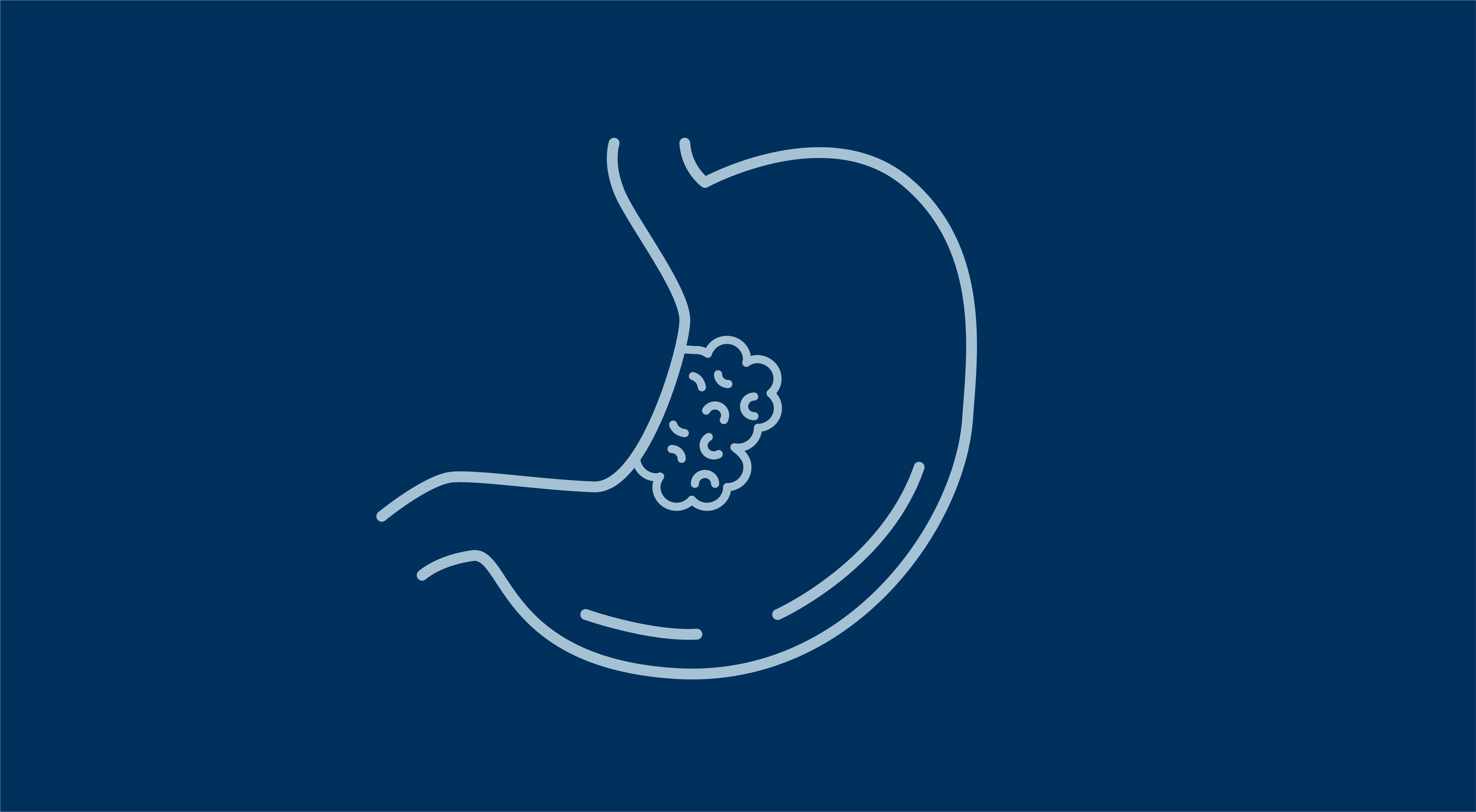
Gastrointestinal Cancer
Latest News

Trastuzumab Deruxtecan Demonstrates Clinical Activity Across Numerous HER2+ Solid Tumors

FOLFOX Demonstrates Comparable Efficacy to Chemoradiation for Neoadjuvant Treatment of Locally Advanced Rectal Cancer
Latest Videos

More News

Patients with pancreatic and gastric cancers residing in states with expanded Medicaid had improved survival rates.

Minimally invasive distal pancreatectomy was a safe and effective alternative compared with open distal pancreatectomy in patients with resectable pancreatic cancer.

Treatment with encorafenib in combination with cetuximab and binimetinib was active with a manageable safety profile in the first-line setting for patients with BRAF V600E–mutated metastatic colorectal cancer.

Single-agent adagrasib demonstrated a manageable safety profile and meaningful clinical activity in patients with KRAS G12C–mutated solid tumors.

Kathleen Gander DNP, APRN, CNS; and Sarah Middlekauff, MSN, RN, OCN, relay their experiences in implementing a hepatic artery infusion pump educational intervention for oncology nurses.

An estimated 54.5% of adolescents in the United States have received the recommended doses of the HPV vaccine, although the government established a goal of an 80% vaccination rate in this population.

Trifluridine plus tipiracil, with or without bevacizumab, has been granted priority review status for the treatment of refractory, metastatic colorectal cancer.

Patients who received pembrolizumab plus cisplatin and gemcitabine achieved a median overall survival of 12.7 months, compared with 10.9 months with cisplatin and gemcitabine alone.

Combined adjuvant treatment with atezolizumab and bevacizumab was determined to deliver a statistically significant recurrence-free survival benefit to patients with resected hepatocellular carcinoma.

Investigators continue to explore new ways to manage colorectal cancer with a BRAF V600E mutation.

Early coordination with multiple specialty teams can maximize outcomes and improve quality of life for patients with complex metastatic disease.

The FDA has accepted a biologics license application for a proposed trastuzumab biosimilar. The therapy is being considered as adjuvant therapy for certain HER2-overexpressing cancers.

Patients with unresectable pancreatic cancers and cholangiocarcinoma face poor prognoses, but systemic treatment continues to evolve.

Olanzapine demonstrated efficacy in improving appetite and weight gain in patients receiving cytotoxic chemotherapies.

Major findings demonstrated that patients with colorectal cancer experienced generally low symptom severity with most symptoms remaining stable or improving following treatment.

The addition of AB011 to chemotherapy yielded initial clinical responses in patients with gastric cancer or gastroesophageal junction adenocarcinoma.

Terri Pollack, DNP, APRN, FNP-C, PMHNP-BC, discusses key data that may affect clinical practice for nurses from the 2023 GI Cancers Symposium.

Circulating tumor DNA can be an effective biomarker that allows for assessments of early response.

In this episode of "The Vitals," Terri Pollack, DNP, APRN, FNP-C, PMHNP-BC, underscores potentially practice-changing data which were presented during the 2023 GI Cancers Symposium.

Karyn A. Goodman, MD, MS, provides perspective on the potential advantages of stereotactic body radiation therapy in locally advanced pancreatic cancer.

Terri Pollack, DNP, APRN, FNP-C, PMHNP-BC, shares some of her top takeaways from the 2023 ASCO GI Cancers Symposium.

In an 8 to 5 vote, ODAC voted in support of launching 2 single-arm trials seeking to characterize the risk-benefit profile of dostarlimab for patients with dMMR/MSI-H locally advanced rectal cancer.

Zev A. Wainberg, MD, discusses the implications of the findings from the phase 3 NAPOLI 3 trial for patients with metastatic pancreatic ductal adenocarcinoma.

A study in the Oncology Nursing Forum highlights which factors are associated with positive psychology and symptom burden in colorectal cancer survivors.

Patients with RAS-wild-type metastatic colorectal cancer did not experience a benefit in terms of response rate or survival when cetuximab was added to the first cycle of chemotherapy.






































































































